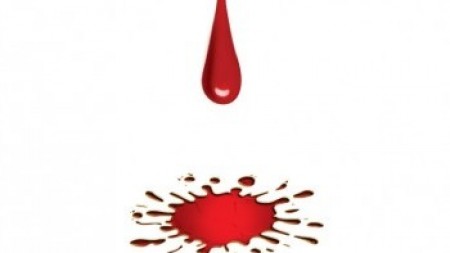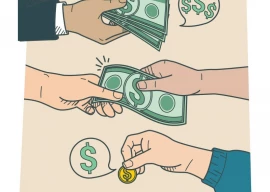
Deliberate Self Harm (DSH) is a disorder in which people purposefully physically hurt themselves. A study in the British Medical Journal classifies several acts as DSH, including cutting, scratching or pinching the skin so badly that it bleeds or bruises, carving words or patterns into the skin, burning the skin with cigarettes, matches or hot water.
However, not all those people who practice DHS are suicidal, though some are unconsciously asking for help. According to research, 40 to 60 per cent of people who hurt themselves, attempt suicide. For many, it is simply a coping mechanism for life’s stress. For young Zarmeen, it was her love life. Her boyfriend had left her for another girl at school. Two years later, she cut herself again.
Twenty-three year old Naureen said that she used to hurt herself as a teenager. “I have a cut to mark every bad memory and I used to feel really cool about it,” she said. “But when I grew up I realised how stupid I was being.” According to psychiatrist Dr Uzma Umbareen, who works with the Pakistan Association for Mental Health, deliberate self harm is most common in girls between the ages of 14 and 20.
And even “children can get addicted to self harm”. When we cut ourselves, the body releases endorphins or chemicals that make us feel good. This is known as a ‘cutters high’ which explains the addictive nature of the act.
While there has not been that much work on this particular area, A Adnan Hyder and Muhammad Shahid studied the phenomenon in Karachi and published a paper, “Deliberate selfharm and suicide: a review from Pakistan” in the International Journal of Injury Control & Safety Promotion. They found that women, mostly housewives, under 35 years of age were more susceptible.
It was more likely if they were poor. People hurt themselves for different reasons. These include relieving stress or escaping from a hurtful situation, to make others feel guilty or to “get back” at them.
Yet another reason, said Dr Umbareen, is that some “like the sight of blood”. For Waseem, 29, inflicting self harm is a way of venting frustrations and disappointments. “You get satisfaction by [hurting yourself],” he said. While counselling is helpful in dealing with the disorder, many people wouldn’t even think of going to a psychiatrist.
For instance, when Waseem was asked if he was seeing a doctor, he replied that he was “not crazy,” and just did “what [he] wanted to”. According to doctors, one of the ways to help someone intentionally hurting themselves is to offer support in dealing with the problems causing the stress and to avoid being judgmental. The person should be encouraged to see a doctor as well. (www. pamh.org.pk has more information.) - Names have been changed to protect privacy. - With additional reporting by Hira Siddiqui and Aisha Iqbal






























1714129906-0/Clint-Eastwood-(1)1714129906-0-270x192.webp)










COMMENTS (8)
Comments are moderated and generally will be posted if they are on-topic and not abusive.
For more information, please see our Comments FAQ